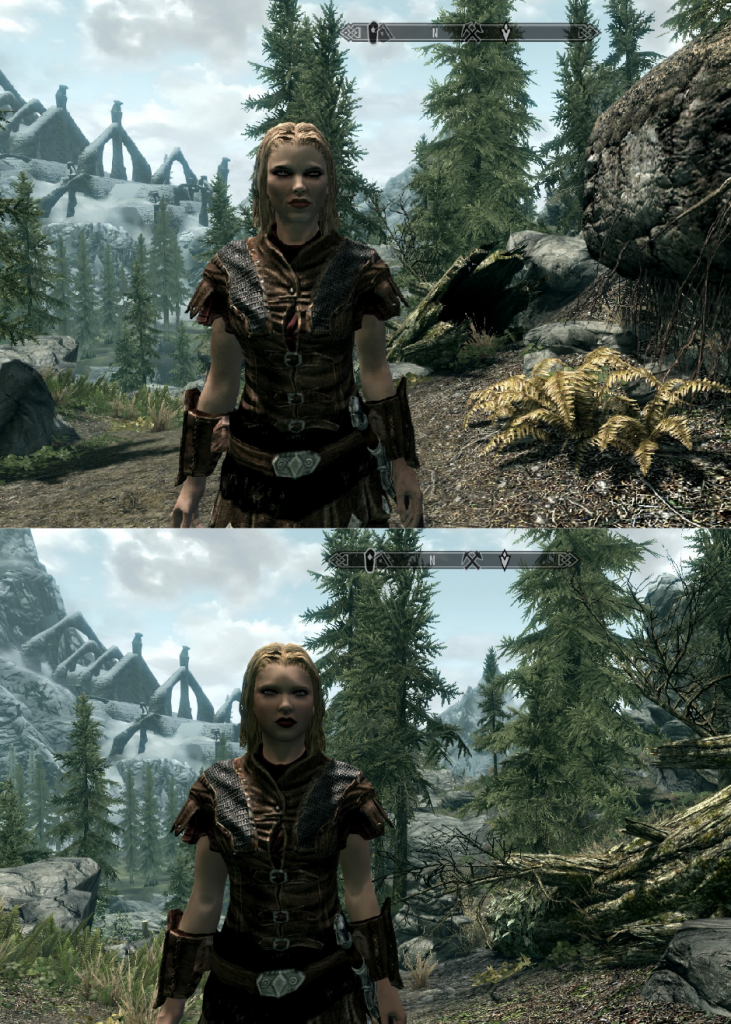February 20th at 4:30 in Harugari 229 (Alternate date: February 27th)

Much like in film, television, and literature, where a protagonist serves as the lens through which the audience or reader views the narrative, the video game avatar is the conduit of point-of-view and action. However, unlike a viewer or reader’s relationship with a protagonist, players are afforded a varying degree of control over how an avatar participates in the story. While many games simply drop the player into a pre-designed avatar, digital role playing games often allow players to choose who their avatar is and what their avatar looks like. Giving players agency in customizing their character adds to the immersive experience of an RPG, but such an experience is not equally accessible for everyone.
Female players have long endured sexist stereotyping in the form of unrealistic or sexualized female avatars. While some developers have succeeded in creating more inclusive avatar customization tools to rectify this, the role of the modder—someone who “modifies” game files to achieve a particular effect—is often overlooked as a crucial part of efforts to make avatars look more like the women who play as them. My recent chapter in Women and Video Game Modding: Essays on Gender and the Digital Community, examines how modders accomplish this and how modder-developer relationships impact the playerbase.
